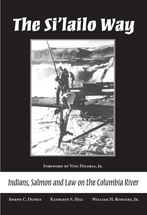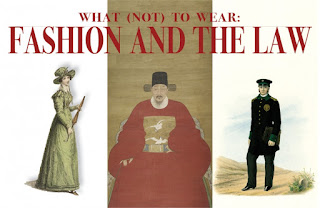You may have heard that Donald Trump won the Electoral College on Tuesday, but most likely lost the national popular vote. It is the fifth time in history that this has happened. This has sparked a renewed interest in the merits of the electoral college and possible alternatives to it. For example, see this
November 17, 2016 NPR article.
You might not know how the Electoral College works.
Article II, Section 1 of the United States Constitution requires each state to appoint a number of electors equal to that state’s congressional delegation. The state can appoint those electors however it sees fit. When a person votes for president, she is not actually voting for the president. Instead, she is voting for the electors chosen by the state that she voted in. Those electors then vote for president, overwhelmingly voting according to the popular vote of the state that they represent. If you want to know more about electors, you might find
this National Archives site helpful.
Some have expressed dissatisfaction with the Electoral College and have made efforts to align it more closely with the popular vote. One approach would be to amend the constitution to remove the Electoral College. This would be very difficult, as Article Five of the United States Constitution requires 3/4 of the states to ratify any amendment. The process is so onerous that Justice Antonin Scalia once listed it as the one thing that he would change about the United States Constitution in a
C-Span interview. With that said, attempts at amendment are not unheard of. This
CQ Almanac article recounts a 1969 attempt to replace the Electoral College with a plurality system with a runoff for elections in which no candidate received 40% of the vote that passed the house but failed to pass the Senate.
Barring a constitutional amendment, any change in the system will occur at the state level. Two states,
Nebraska and
Maine, divide their electoral votes proportionately, with the state winner receiving two electors and the winner of each congressional district receiving one elector.
A third option is the National Popular Vote Interstate Compact, discussed by its founders
here. Article 1, Section 10 of the United States Constitution allows states to enter agreements or compacts with other states so long as they have Congressional approval. The Court has deemed congressional approval necessary when those agreements increase the power of the states at the expense of the federal government (
Virginia v. Tennessee, 148 U.S. 503 (1893)). The Compact would require each member state to allocate its electoral votes according to the national popular vote, rather than the popular vote of their state. The Compact would not become binding until states containing 270 electoral votes had joined. Currently only states representing 168 Electoral Votes have joined the compact.
Efforts to challenge the Electoral College are almost as old as the College itself, and these new attempts are unlikely to succeed on a national level given the increasingly partisan nature of the electoral college debate, as discussed here on
FiveThirtyEight. Still, it is worth thinking about these sorts of institutions and what sort of alternatives may exist to them.
 Maybe you're a little scared of The Bluebook. Nothing to be ashamed of: lots of people are.
Maybe you're a little scared of The Bluebook. Nothing to be ashamed of: lots of people are.






























